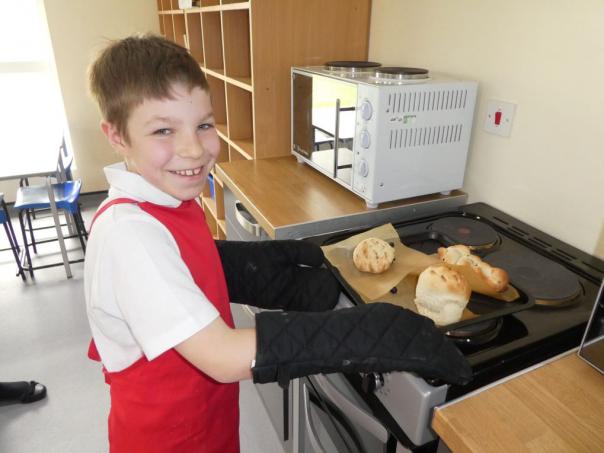
The 76-page guide, which can be downloaded for free, has been developed by the BNF’s education team of specialists who are experts in food education, teaching and nutrition science.
Frances Meek, senior education officer at BNF, commented: “It is essential for all children and young people to have good education on food and nutrition, so that they are equipped with the necessary skills to cook and feed themselves well and keep healthy.
“Practical work, like cooking, develops fine, gross and sensory skills and it can also provide social experiences and opportunities for pupils to develop skills for independent living and the world of work, especially within catering and hospitality.
“Our new guide defines the characteristics of good practice that are specific to teaching food and nutrition to pupils with additional needs, therefore supporting school communities to make a meaningful difference to the inclusion and progress of all pupils.”
The two existing food education guides, published by the BNF in 2019 and 2020, received over 3,600 downloads and nearly 2,000 teachers registered to complete an online professional development course based on the guides.
Laura Kelly, a food and nutrition teacher at St Columbanus’ College in Bangor, Northern Ireland, added:” Knowing my pupils means that I can plan tailored lessons and ensure that, no matter what the topic, my pupils can achieve their full potential.
“This new guide is an invaluable resource for teachers as it clearly sets out what we need to aim for in terms of best practice for supporting pupils with additional needs.”
To download the food education guides, visit here.